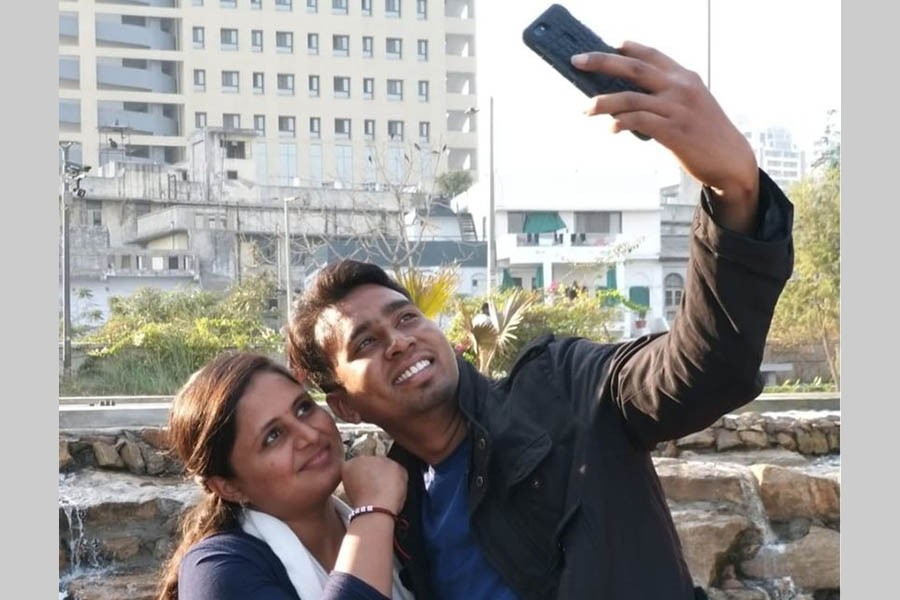
Published :
Updated :

Most Indian families still prefer marriages arranged within their religion and caste. Marriages outside these rigid boundaries have often led to violent consequences, including "honour" killings.
But some young Indians are still willing to defy their families and communities for love, reports Divya Arya of the BBC.
Ravindra Parmar knew that pursuing a relationship with an upper-caste woman would be dangerous.
He is a Dalit (formerly known as "untouchable"), a caste that sits at the lowest rung of India's social ladder. The woman he fell in love with, Shilpaba Upendrasinh Vala, is a Rajput - a Hindu warrior caste near the apex of the system.
The yawning gap between his position and hers is something rarely bridged in Indian society.
"We are not even allowed to walk past their area and I had dared to marry into their family," he says.
Ravindra and Shilpaba were born and brought up in two villages separated by more than 100km (62 miles) in the western state of Gujarat.
They met on Facebook and would spend hours taking digs at each other.
"I was like any other village girl limited to home and college, but he broadened my horizon, made me realise that my life has more meaning," she says.
Caste divisions have deep roots in history and Dalit men who have married women from upper castes have been killed.
Marriages across caste or religion in India are uncommon. According to the India Human Development Survey, only about five per cent of Indian marriages are inter-caste.
Shilpaba had to flee from her village to marry Ravindra. But the threat of violence has continued to hang over them: they have moved between houses and cities a dozen times in the past three years.
Ravindra is a trained engineer but had to leave his job and has had to do daily-wage labour wherever they have lived to make ends meet.
Shilpaba says the stress became unbearable. They started blaming each other for their situation and she even contemplated taking her own life.
"Ravindra convinced me out of it, as that was no solution," she says. "Now we are both studying law with a vision to take up human rights cases and make our parents proud through our work.
"Maybe then they will see that we didn't take this decision to just have fun and they will accept us."
The latest data available from the National Crime Records Bureau (NCRB) shows that 77 murder cases in 2016 were reported with "honour killing" as the reason.
A 2016 survey, Social Attitudes Research for India (Sari), conducted across Delhi, Mumbai, and the states of Uttar Pradesh and Rajasthan found the majority of respondents opposed to inter-caste and inter-religious marriages.
In fact they were in favour of a law banning such marriages.


 For all latest news, follow The Financial Express Google News channel.
For all latest news, follow The Financial Express Google News channel.